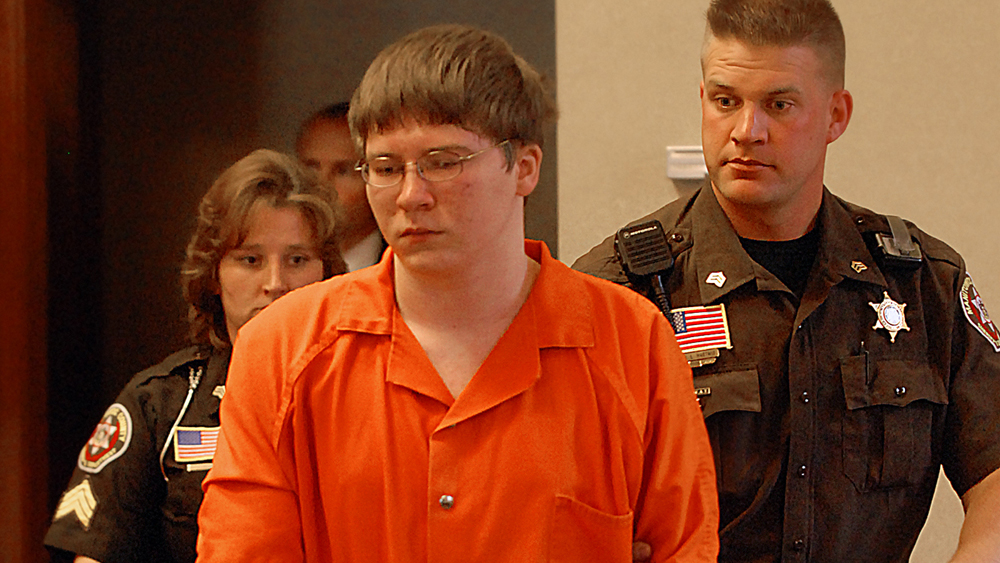‘Making a Murderer’s’ Brendan Dassey Loses Bid to Take Case to Supreme Court
By Joe Otterson
LOS ANGELES (Variety.com) – The U.S. Supreme Court has declined to take up the case of Wisconsin teen Brendan Dassey, who was featured in the hit Netflix documentary series “Making a Murderer.”
Dassey is serving a life sentence after being convicted along with his uncle, Steven Avery, in separate jury trials for the 2005 rape and murder of photographer Teresa Halbach in Manitowoc County, WI. The nation’s highest court gave no reason for the denial. Dassey’s attorneys claims that his confession to police was coerced.
The denial means that the Supreme Court will not review the decision on Dassey’s case made by the 7th U.S. Circuit Court of Appeals in December. That court voted 4-3 that Dassey’s confession was voluntary.
In her dissent, Judge Ilana Diamond Rovner wrote, “His confession was not voluntary and his conviction should not stand, and yet an impaired teenager has been sentenced to life in prison. I view this as a profound miscarriage of justice.”
In 2015, a federal judge ruled in part that police failed to take Dassey’s age–he was 16 at the time of the murder–and learning disabilities into account when they questioned him, and that therefore his confession was involuntary.
“We would like to extend sincere gratitude to the dozens of former prosecutors, national law enforcement trainers, leading psychological experts, innocence projects, juvenile justice organizations, and law professors who filed amicus briefs in this case and who, along with our legal team, will continue to fight for Brendan and the many other children who have been wrongfully convicted due to the use of coercive interrogation tactics,” said Laura Nirider, one of Dassey’s attorneys.
Avery is still appealing his case. Earlier this month, a Wisconsin Appeals Court remanded his case back to the circuit court where he and his attorney will look to present new evidence.
Avery and Dassey’s cases received worldwide attention in 2015 with the release of “.” The 10-episode series raised questions about not only Dassey’s confession but also about possible motive on the part of law enforcement to frame Avery for the murder.

